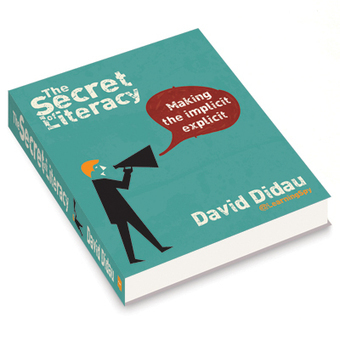Students’ minds are not a blank slate; when they arrive at school they already know stuff. According to Nuthall, whenever teachers begin a new topic, students already know about half of what they’re told – it’s just that they each know a different 50%. Obviously enough, this prior knowledge affects how students acquire new knowledge and skills; what is already known interacts with the material being learned.
.
Nuthall’s research suggests that when students are given new information: they hold it in working memory as they connect it to other new information and experiences and evaluate it against known concepts. If the new information is sufficiently integrated then it will be ‘learnt’, that is, retained in long-term memory.
.
Nuthall says that, “learning does not come directly from classroom activities; learning comes from the way students experience those activities.”
.
Learn more:
.
- https://gustmees.files.wordpress.com/2015/05/document_fusionne.pdf
.
- https://gustmees.wordpress.com/2015/05/26/what-are-the-skills-needed-from-students-in-the-future/
.
- https://gustmees.wordpress.com/2014/10/03/design-the-learning-of-your-learners-students-ideas/



 Your new post is loading...
Your new post is loading...









Students’ minds are not a blank slate; when they arrive at school they already know stuff. According to Nuthall, whenever teachers begin a new topic, students already know about half of what they’re told – it’s just that they each know a different 50%. Obviously enough, this prior knowledge affects how students acquire new knowledge and skills; what is already known interacts with the material being learned.
.
Nuthall’s research suggests that when students are given new information: they hold it in working memory as they connect it to other new information and experiences and evaluate it against known concepts. If the new information is sufficiently integrated then it will be ‘learnt’, that is, retained in long-term memory.
.
Nuthall says that, “learning does not come directly from classroom activities; learning comes from the way students experience those activities.”
.
Learn more:
.
- https://gustmees.files.wordpress.com/2015/05/document_fusionne.pdf
.
- https://gustmees.wordpress.com/2015/05/26/what-are-the-skills-needed-from-students-in-the-future/
.
- https://gustmees.wordpress.com/2014/10/03/design-the-learning-of-your-learners-students-ideas/